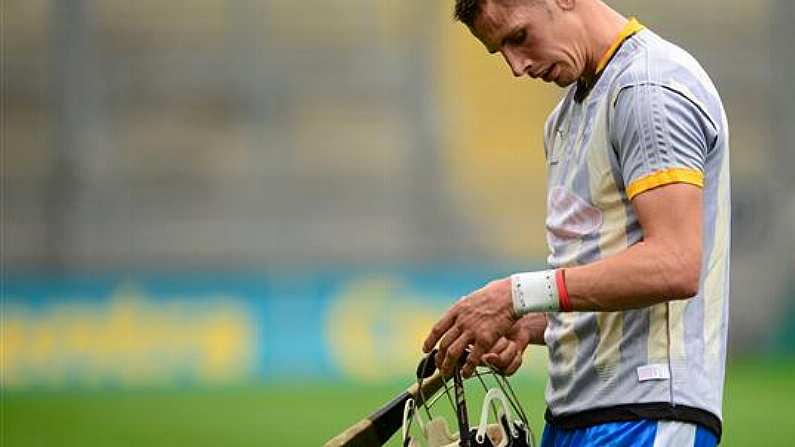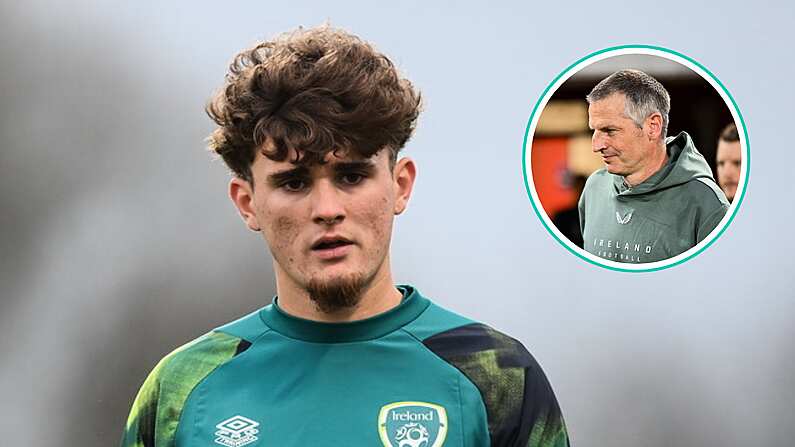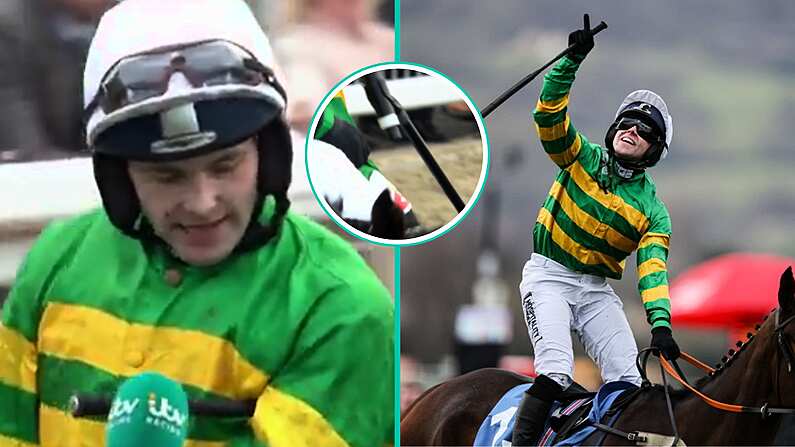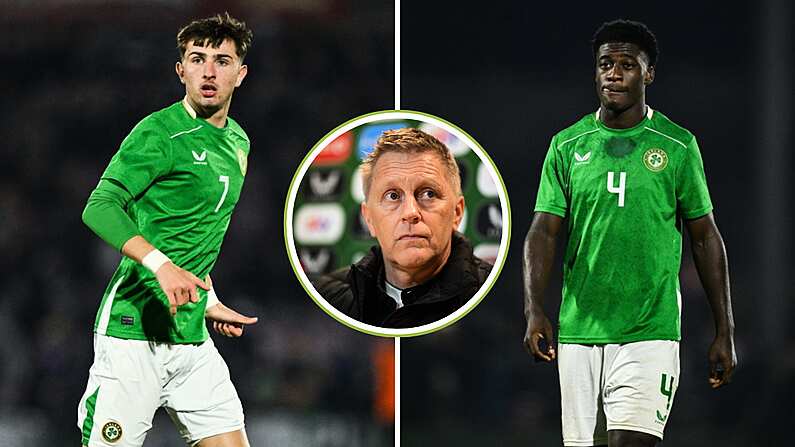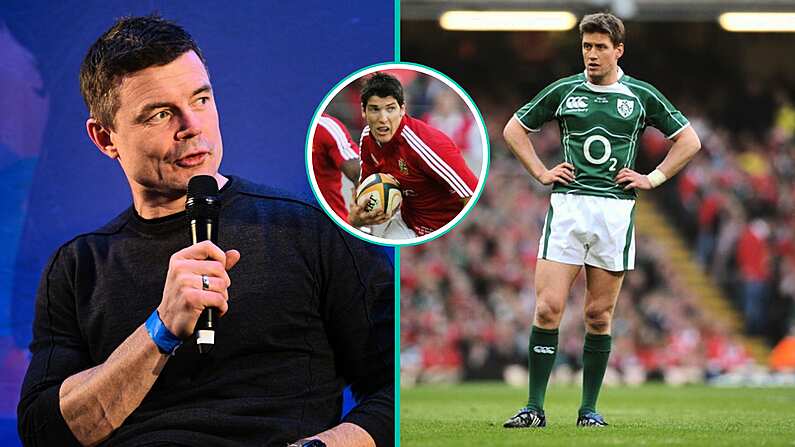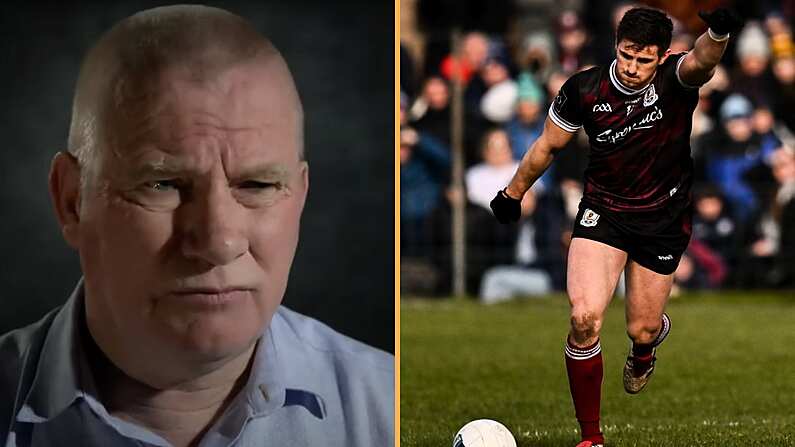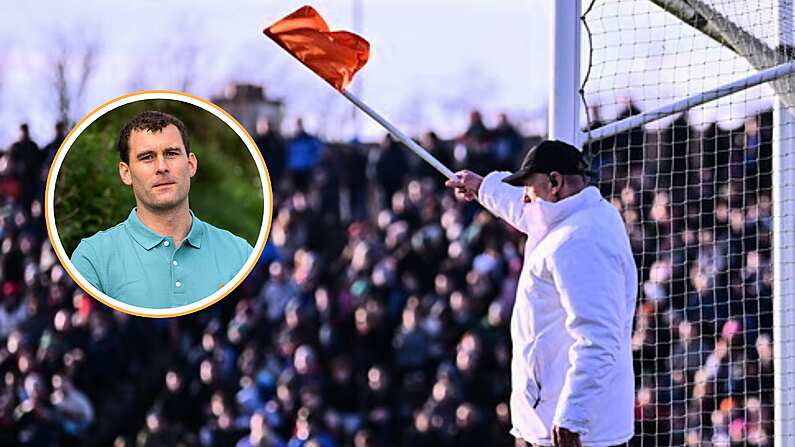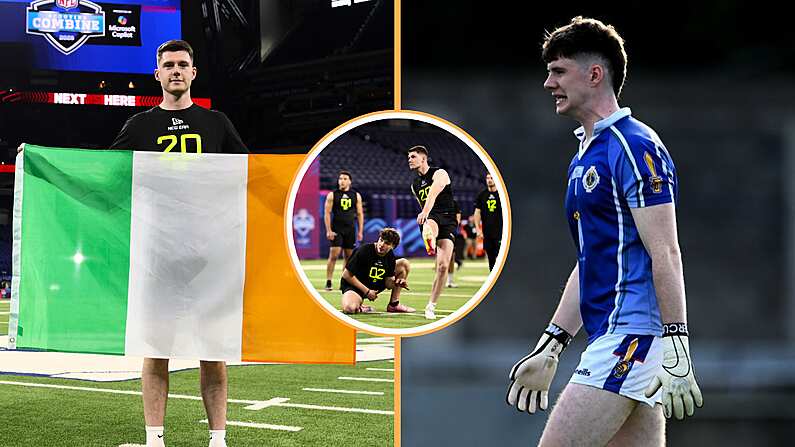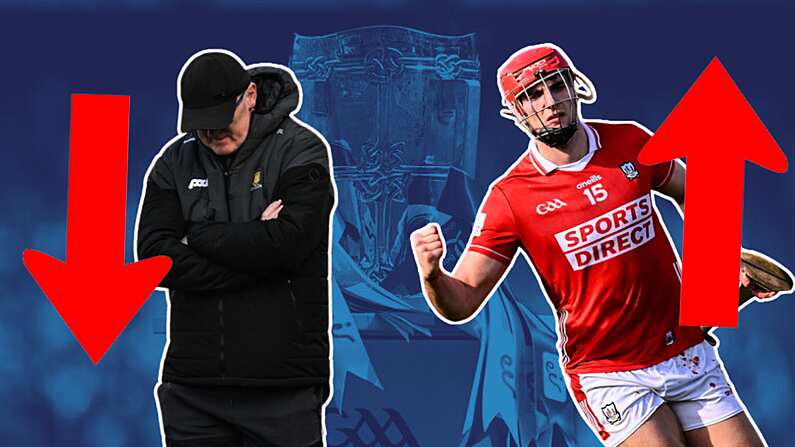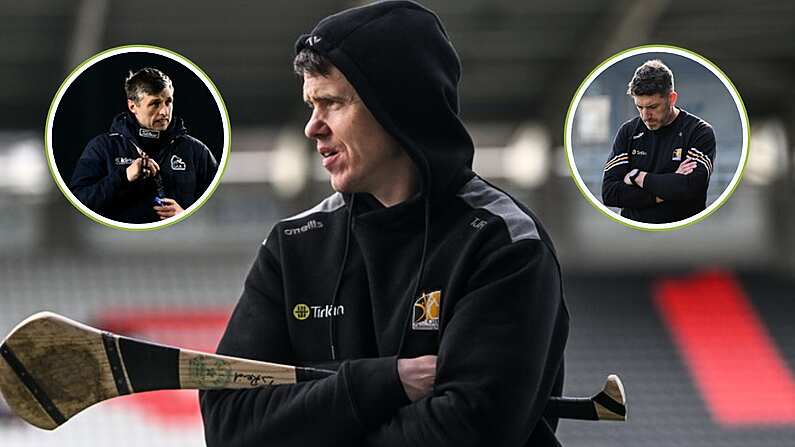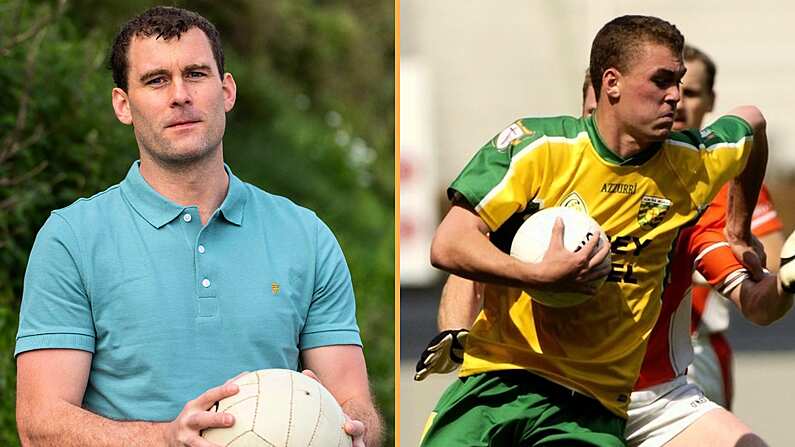I can only presume Niall Donoghue's memory was somewhere in the back of the minds of all the Galway players and coaches when they lined out in September's All-Ireland final in Croke Park. Donoghue had worn the #5 jersey for Galway in their last All-Ireland final appearance, when he was only 21. You think back to that afternoon in the summer of 2012 and remember all that was promised for Galway hurling and Donoghue. He was runner-up for an All Star that year.
Roughly a year later, Donoghue took his own life. He was only 22. Tragedy had been part of his life. His death was a tragedy for his family, his club Kilbeacanty and Galway GAA. Fergal Moore and Anthony Cunningham read the Prayers of the Faithful at his funeral. His cousin urged people to speak about their problems.
This week, for roughly 46 minutes on his local radio station, Waterford hurler Maurice Shanahan spoke about the intense depression he suffered through over the last year or so. He discussed his suicide attempts. He spoke about how the hurling community in Waterford and beyond were there to provide support for him and his family. I can't think of many other sportsperson speaking so openly about their struggles.
Everyone's experience's are unique to themselves, and I'm not sure a direct line can be drawn between Niall and Maurice. But it's clear that over the last two years, in the face of a suicide epidemic, a space has been created for Irish men to speak about their feelings and emotions. The GAA is vital to this process. There seem to be signs that, with the help of groups like SOAR, the GAA is assisting in a significant cultural change. A snowball effect may have started when the likes of Alan O'Mara and Conor Cusack decided to open up about their struggles.
Shanahan won an All-Star this year. "Hurling is a game but life is life," he told WLR. Depression is real. Talking about it is the only way to start dealing with it.
Console can be contacted at 1800 201 890 while the Samaritans line is open 24hours a day at 1850 60 90 90

